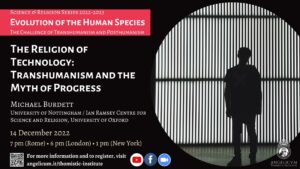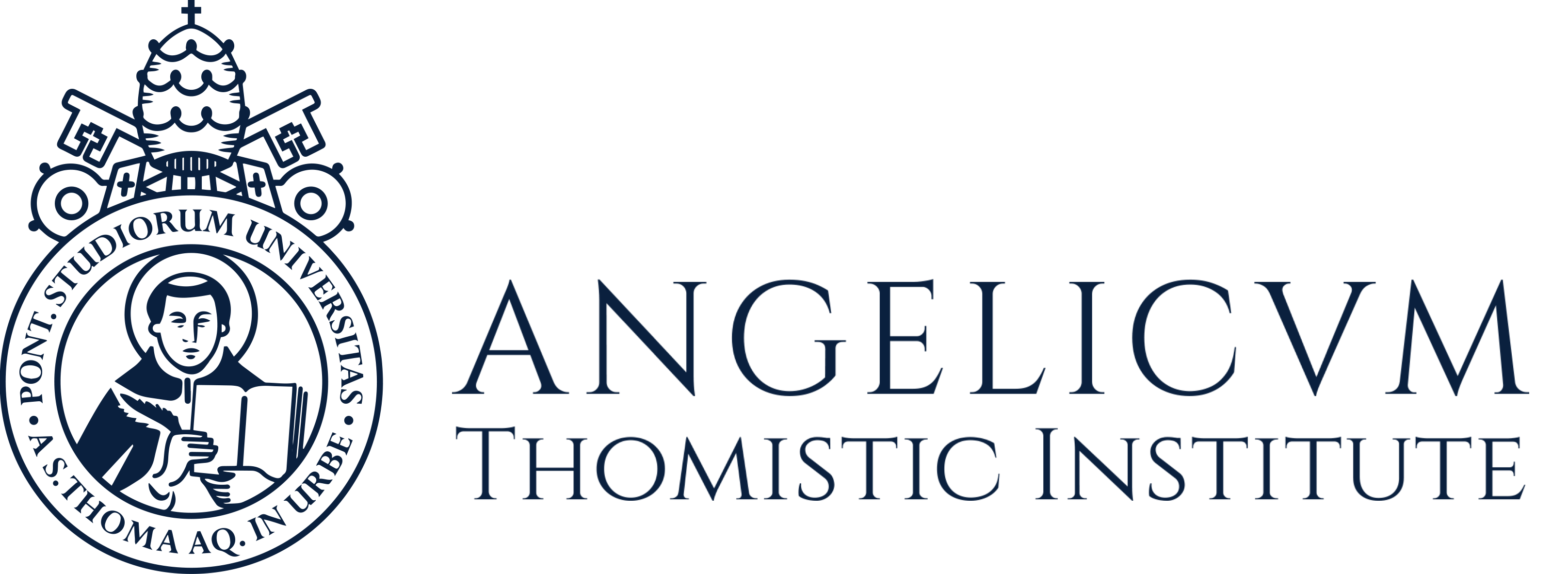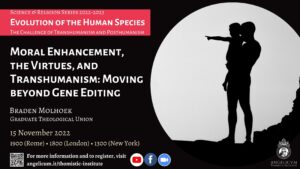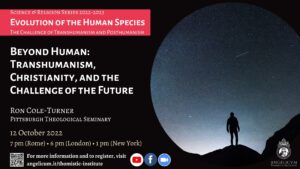Science in Transhumanism: the Good, the Bad, and the Ugly
Arvin M. Gouw
School of Divinity, University of Cambridge
Transhumanism can incorporate good science, bad science, and the ugly – pseudoscience. The lines between these three are indeed fuzzy, and one can easily slip from one to the other. But there are general guidelines by which we can ascertain if something is good science. Good science is very specific, detailed, with clear hypotheses, data , results, and conclusions. Most of all, good science is falsifiable. The moment transhumanism stretches the findings of good science into futuristic scenarios that are untestable and unfalsifiable, then that’s no longer good science. In other words, the feasibility of the science within transhumanism becomes a key indication whether it’s pseudoscience. Bad science is simply when one misinterprets scientific findings to fit one’s own narrative, whether it’s a utopian narrative or a transhuman one. We will together explore the nuances of the good, the bad, and the ugly in the sciences behind transhumanism.
Arvin Gouw PhD is currently working in the field of theology and science at the University of Cambridge Faculty of Divinity. Arvin also co-founded a biotech company, Bacchus Therapeutics, developing targeted therapy against kidney and liver cancers based on his research and discoveries at Stanford University School of Medicine. Prior to Cambridge and Stanford, Arvin did his research fellowships on science and religion at Harvard Divinity School and Princeton Theological Seminary. Arvin received his doctorate from Johns Hopkins University School of Medicine, master’s degrees in philosophy from University of Pennsylvania, in theology from SMSU Ecumenical Institute of Theology, in endocrinology and neuroscience from UC Berkeley. His recent publications include Religious Transhumanism and Its Critics, edited with Brian Green and Ted Peters (2022), Applying Next Generation Sequencing and Transgenic Models to Rare Disease Research, edited with Amritha Jaishankar and George Brooks (2020). His research has been published in academic journals including Cell Metabolism, Nature Biotechnology, Nature Reviews Clinical Oncology, Science, PNAS, Zygon, Theology and Science.
Related Content



